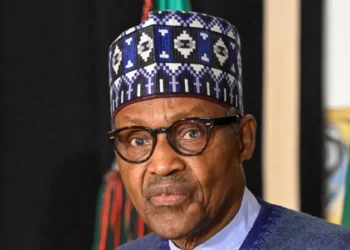On August 1, 2024, the Republic of Benin celebrated its 64th National Day, commemorating its independence from French colonial rule in 1960. Located in West Africa, Benin is bordered by Togo to the west, Nigeria to the east, Burkina Faso to the northwest, and Niger to the northeast. The country’s economy relies heavily on agriculture, with palm oil and cotton being its primary exports.
Porto-Novo, the capital, hosted a grand military parade where armed forces demonstrated precision and discipline. Government officials including President Patrice Guillaume Athanase Talon and foreign diplomats attended, affirming international support for Benin’s sovereignty.
#IndependanceBenin | #Benin64 | #Wasexo | #FêteNationale |
— Présidence du Bénin (@PresidenceBenin) August 1, 2024
🚩 Célébration de la fête du 1er août 2024 : Ambiance euphorique suivie de bain de foule du #Prbenin @PatriceTalonPR au terme du défilé militaire et paramilitaire. pic.twitter.com/X1LVDChgpy
Communities gathered in public squares, sharing local delicacies and reveling in the day’s importance.
Benin’s path to independence began post-World War II when it gained limited autonomy as part of the French Union. Political activism and social pressure gradually eroded colonial control, leading to self-governance within the French Community in 1958. On August 1, 1960, the Republic of Dahomey achieved full independence, with Hubert Maga as its first president.
The country’s history intertwines with the powerful Dahomey kingdom, known for its centralized administration, formal taxation system, and unique all-female military unit. French colonization in 1894 ended Dahomey’s independent rule, but its legacy persisted.
In 1975, the country renamed itself the Republic of Benin, paying homage to the ancient kingdom of Benin in neighboring Nigeria. This change reflected a desire to forge a new identity distinct from its colonial past.
Benin’s National Day not only honors its independence but also its evolution into a multi-party democracy. As the first African country to transition successfully from colonial rule and dictatorship to democratic governance, Benin continues to influence West African politics and society.









